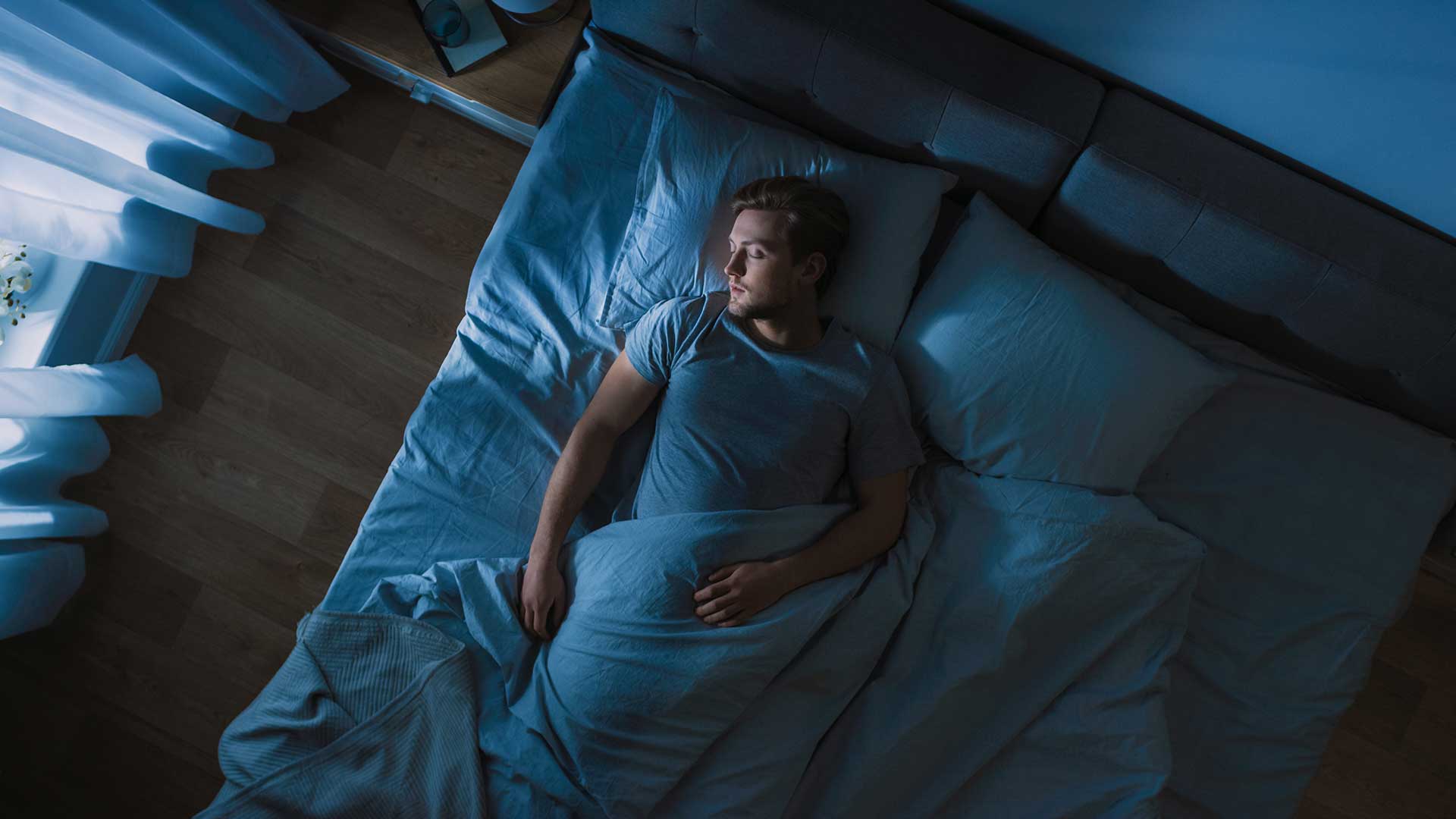Sports and Sleep: How Quality Rest Improves Athletic Abilities
- 23 November 2023
When it comes to excelling in sports, we often focus on training, nutrition, and physical conditioning. However, one crucial aspect that can significantly impact athletic performance is often overlooked: sleep. In this blog, we'll delve into the relationship between sports and sleep, exploring how quality rest can enhance athletic abilities, and why it's a game-changer for athletes at all levels.
The Importance of Sleep in Sports
- A Good Night's Sleep: The Ultimate Performance Enhancer
Sleep is often referred to as the "ultimate performance enhancer" for athletes. It's during sleep that the body undergoes crucial processes for recovery, growth, and overall well-being. This includes the release of growth hormones, tissue repair, and consolidation of motor skills and muscle memory.
- Cognitive Function and Decision-Making
Sleep isn't just about physical recovery; it's equally important for cognitive function. Athletes need to make quick decisions, adapt to changing game situations, and maintain focus. Quality sleep can enhance these mental faculties, leading to improved decision-making, reaction time, and overall game awareness.
The Impact of Sleep Deprivation
- Reduced Physical Performance
Sleep deprivation can have a significant impact on physical performance. Athletes may experience decreased strength, endurance, and overall athletic ability. It can also lead to an increased risk of injuries due to reduced coordination and slower reaction times.
- Greater Susceptibility to Illness and Injuries
A compromised immune system is a common consequence of inadequate sleep. Athletes who don't get enough rest are more susceptible to illnesses, which can sideline them from training and competition. Moreover, sleep deprivation can impair the body's ability to recover from injuries.
How to Prioritize Sleep in Sports
- Consistent Sleep Schedule
Establishing a consistent sleep schedule is essential. Athletes should aim for 7-9 hours of quality sleep each night. Going to bed and waking up at the same times every day helps regulate the body's internal clock.
- Create a Sleep-Conducive Environment
Athletes should ensure their sleep environment is conducive to rest. This includes a comfortable mattress and pillows, a cool room temperature, and minimal light and noise.
- Sleep Hygiene
Practicing good sleep hygiene is crucial. This involves avoiding caffeine and electronic screens close to bedtime, as well as engaging in calming bedtime routines to signal the body that it's time to wind down.
- Post-Training and Competition Sleep
After intense training sessions or competitions, athletes should prioritize recovery. This includes adequate sleep to allow the body to repair and replenish.
Sleep is the unsung hero of athletic success. Whether you're a professional athlete or a weekend warrior, quality rest should be an integral part of your training regimen. It's not just about getting enough sleep; it's about optimizing the quality of that sleep. Prioritizing sleep can lead to better physical and mental performance, reduced injury risk, and an overall enhanced athletic experience. So, in your pursuit of sporting greatness, remember the critical role that sleep plays in helping you rest, recover, and excel. Remember, when you sleep well, you play well, and HIS Sports is here to accompany you on your path to athletic greatness.





